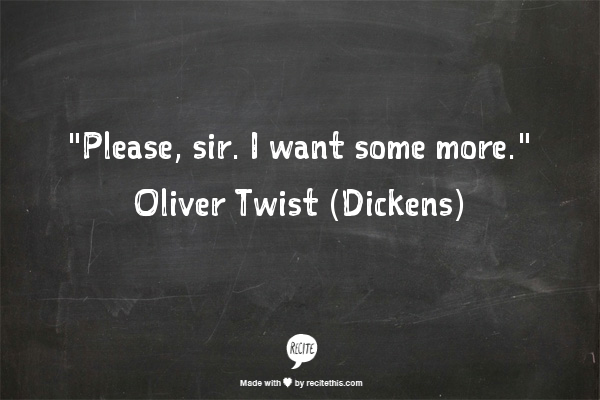Overall my makerspace has had a great year. I't's gone by super fast - there's something to be said for just jumping in there, but there's a learning curve that can be a little hard to jump. So in case it can help anyone else, I'm going to write about some of the opportunities I've found and the stuff I've learned here!
FUNDING:
Codecademy, in a collaboration with Google and Donorschoose, offers codes worth $100 on a Donors Choose project to support a classroom program to every student who completes their tutorials through a school program. This is a great opportunity for ANY school Makerspace to get some funding while teaching kids about programming. Although the program advertises itself as solely for High Schools, there are options for all grades and schools, and it wasn't a problem for my middle schoolers. The program is closed for 2015 right now, but it pops back up annually, so watch that space!
I'm also going to be looking at the NCWIT AspireIt awards. I was a national runner up and regional winner this last year, which is how I learned about the opportunity (For other girls in high school or college - APPLY, APPLY, APPLY!)
Also, the teacher sponsoring my club was even able to set up a Donorschoose project, where we're trying to raise money to get a 3D printer for next year. If you want to fund the project, you can find a link here. If you're able to give support, any would be appreciated!
ACTIVITIES:
 |
However, even though funding was limited, I was able to come up with ways to make the materials I DID have stretch, to groups ranging from a core group of about 20 students, to larger groups of up to 50-60 at one point. What I found worked really well was:
- Dividing the kids into groups, and assigning each group a different part of the activity. For example, I was able to spread my two Mindstorms kits across a large group by assigning each smaller group to build a certain part of the robot.
- Alternating activities between groups: While I was able to raise enough money with my earlier fundraiser to buy 15 Arduino Uno clones for the Makerspace, I was still limited in the number of computers we had to program them. To fix this problem, I divided the kids into two groups: one spent the first half of the time building circuits, and the other, programming. Then they switched, so everyone got a chance to try everything
-Large group discussion/brainstorming activities: During the weeks I was short on materials or planning time, I defaulted to activities that didn't need anything more than a pen and some paper, or computers. I took inspiration from a middle school SMU competition called Visioneering, which I participated in in the 7th and 8th grades. In the competition, teams of students are challenged to create plans for solving some problem with technology, no matter how expensive or "out there". For my adaptation, I had each table brainstorm a plan for improving the school using technology, which they had to share with a group at the end of the class period.
Those are just the ones that come to mind right now. Over the summer, I plan on putting together some guides to the various lessons/projects we did, and, ideally, I'll publish them somewhere online (though exactly where is TBD. I'll post a link here as soon as I figure it out).
PLANS:
For next year, I'm looking at trying to expand my program to merge with one at an existing elementary school in the area, though that plan is still very much in its "what if?" stage. I'll also have a chance to talk to the principal soon about getting the sorts of programs we'd need on the school computer. Plus, over the summer, I'll hopefully have a few more volunteers to assist me with planning meetings and keeping track of the budget. So overall, there's still a lot of work to be done, but I feel good about my plans as the next year comes around.
OTHER HELPFUL THINGS:
Don't be afraid to ask for help, information, or anything else from people who seem interested. You'd be surprised what you can learn.
Practice talking about your project. You should be able to give a compelling summary in 30 seconds.
The fancier the technology, the less time you'll have to do the activity (You have to account for the ooh-and-aahing).
If you're having fun, chances are everyone is.
Anyone have any comments, other suggestions, or anything to say? Please, comment below!


